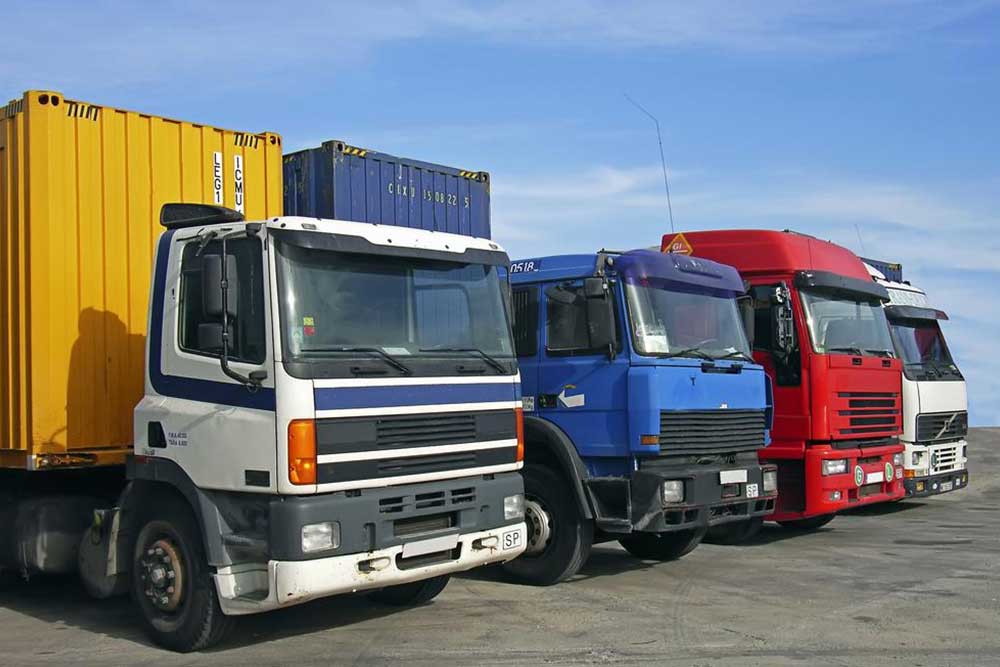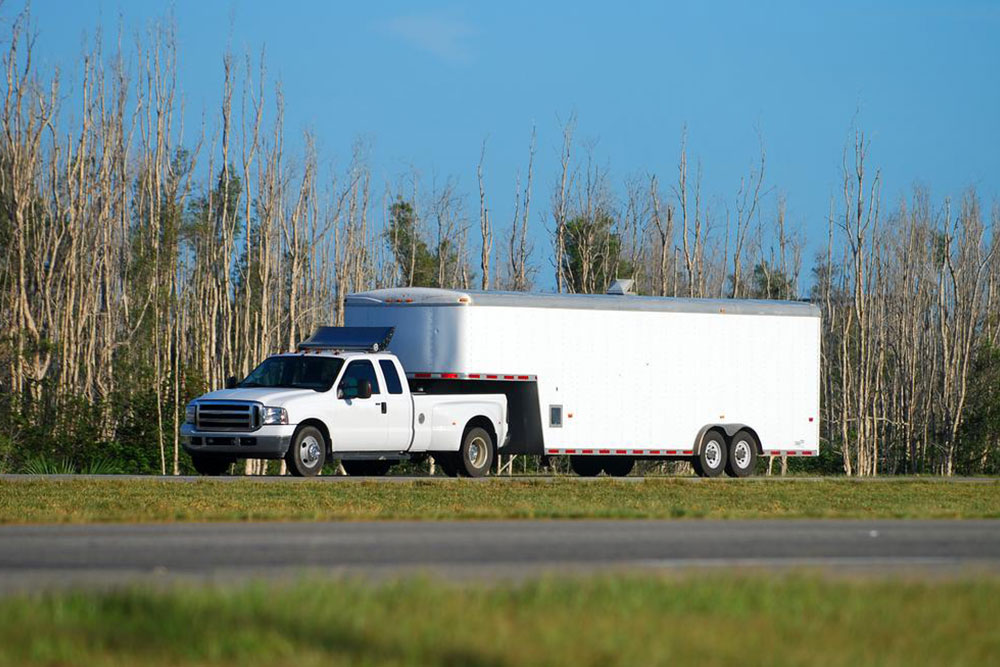Comprehensive Guide to Choosing the Right Commercial Truck Insurance
Choosing the correct commercial truck insurance is crucial for transportation business owners. This comprehensive guide covers essential considerations such as insurer credentials, claims process, coverage specifics, and customer support. Understanding these factors ensures you select a reliable policy that safeguards your assets, provides peace of mind, and enhances operational security. From verifying certifications to evaluating vehicle condition, this article offers valuable insights to make informed insurance decisions and maintain business continuity in a competitive industry.

Essential Factors to Consider When Selecting Commercial Truck Insurance
Managing a transportation or logistics business involves numerous operational costs, with one of the most significant being commercial truck insurance. Ensuring that your fleet is adequately protected is crucial to prevent substantial financial losses resulting from accidents, theft, or other unforeseen events. Making an informed decision when choosing this coverage can safeguard your business’s future, improve operational efficiency, and provide peace of mind.
In this extensive guide, we will explore the key considerations you should evaluate before purchasing commercial truck insurance. From insurer credentials to policy specifics, understanding these elements will help you select the most appropriate and cost-effective coverage for your business needs.
Verify Certification and Industry Ratings
Assess Claims Processing and Settlement Processes
Understand Coverage Scope and Exclusions
Choose the Policy Type Best Suited to Your Business
Consider Your Credit History and Financial Stability
Evaluate Your Vehicle’s Condition and Value
Prioritize Excellent Customer Service
Verify Certification and Industry Ratings
When selecting a commercial truck insurance provider, one of the first steps is to verify the company’s certifications and industry standards. Reputable insurance companies often possess certifications akin to ISO standards, which serve as benchmarks for their credibility, quality, and compliance with industry norms. Such certifications assure that the insurer adheres to high-quality service delivery and operational processes.
In addition to certifications, reviewing ratings from reputable financial rating agencies like A.M. Best, Fitch, or Moody’s provides insights into the financial stability of the insurer. A financially stable company is better positioned to honor claims promptly and maintain consistent service quality, especially during economic downturns or periods of high claim volume. Choosing an insurer with strong ratings helps mitigate the risk of claim delays or denials that could adversely impact your business operations.
Claims Handling and Settlement Procedures
Efficient claims management is vital during emergencies or accidents. Beyond selecting an insurer with competitive premiums, ensure they facilitate easy and quick claims processing. Many top-rated providers now offer cashless claims services, allowing you to get repairs done at network garages without immediate out-of-pocket expenses, simplifying the claim settlement process.
Consider the claim’s turnaround time, availability of 24/7 support, and the transparency of claim processes. An insurer that provides seamless claims handling minimizes downtime for your trucks and reduces administrative burdens, enabling your business to resume operations swiftly.
Understanding Coverage Details and Exclusions
Thoroughly review policy documents to comprehend the extent of coverage. This includes understanding what incidents are covered under the policy, such as collision, theft, vandalism, fire, and liability. Be vigilant about exclusions — these are conditions or situations the insurer will not cover. Common exclusions might include damages caused by driver negligence, natural disasters, or specific cargo types.
It’s also important to assess additional coverage options tailored to your specific needs. For instance, if your trucks transport hazardous materials, ensure that the policy explicitly covers such cargo. Similarly, check whether coverage applies to different routes or geographical regions you operate in. Clarifying these points prevents surprises during claim settlement and ensures your assets are adequately protected.
Selecting the Right Policy Type
Commercial truck insurance policies come in various formats, including liability-only, full coverage, or specialized policies tailored for certain types of cargo or vehicle classes. Comparing quotes from multiple providers online and consulting with insurance agents can help determine which policy offers optimal protection at a reasonable cost.
For example, if your trucks are newer or of higher value, a comprehensive policy covering physical damage is advisable. If you operate on short routes with lower exposure to damage, a liability-only policy might suffice, reducing premiums. Consider your operational profile, budget constraints, and risk appetite when selecting the most suitable policy type.
Impact of Credit History and Financial Background
Your personal and business credit scores can influence insurance premium rates and approval chances. Insurers often perceive good credit as an indicator of responsible financial management, which correlates with fewer claims or riskier behavior.
Maintaining a strong credit record can help you negotiate better rates and faster approval processes. Ensure your financial history is accurate and up to date before applying. If your credit score is less than optimal, consider working on improving it to secure more favorable insurance terms. Some insurers also evaluate the financial stability of your business, so demonstrating steady revenue streams and positive financial management can bolster your application.
Vehicle Condition and Valuation
The age, condition, and value of your trucks significantly influence insurance premiums. Newer or luxury trucks tend to attract higher rates due to their higher replacement costs. Conversely, well-maintained vehicles with comprehensive maintenance records can qualify for discounts or lower premiums as they pose less risk.
Regular vehicle inspections and maintenance are essential, not only for safety and compliance but also for insurance considerations. Providing proof of proper maintenance can enhance your credibility with insurers and support negotiations for better coverage terms.
Prioritizing Customer Support and Service
Reliable customer service is critical when dealing with claims, inquiries, or policy adjustments. Choose an insurer known for prompt, courteous, and accessible support channels. During emergencies, efficient communication can make a significant difference by expediting claims processing and resolving issues effectively.
Research customer reviews and feedback to gauge the insurer’s reputation for service quality. A provider committed to excellent customer care not only eases the administrative process but also ensures ongoing support, giving you peace of mind throughout your policy duration.
Investing time in understanding these aspects before purchasing commercial truck insurance will empower you to select a policy that effectively balances coverage needs, affordability, and service quality. Protecting your fleet with the right insurance coverage is an integral part of maintaining a resilient and successful transportation business, providing security for your assets and peace of mind for your operations.





